Supplements for ADHD
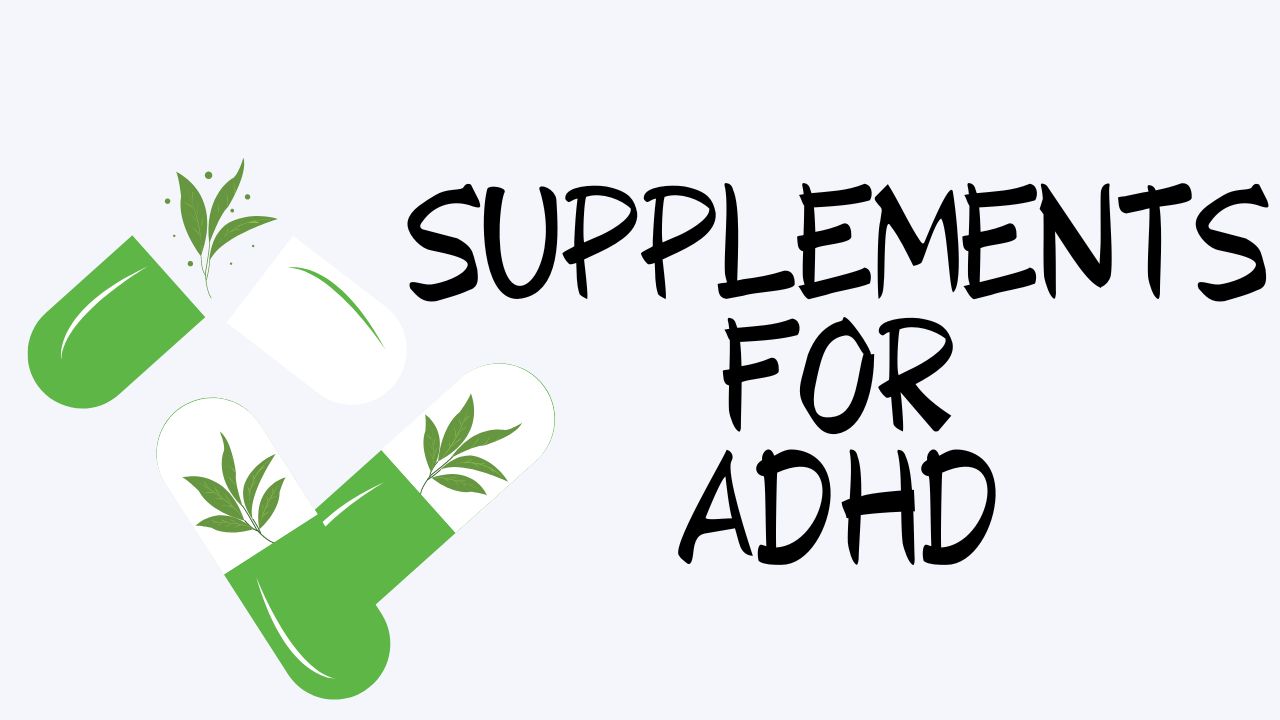
If you or your loved one has been diagnosed with Attention Deficit Hyperactivity Disorder (ADHD), you may have considered using supplements as a complementary treatment. ADHD is a neurodevelopmental disorder characterized by difficulties with attention, impulsivity, and hyperactivity. While medication and therapy are commonly used to manage symptoms, some individuals seek alternative options, such as supplements, to support their overall wellbeing.
The use of supplements for ADHD is a topic of much debate. While some studies suggest that certain supplements may have potential benefits, it is important to note that they are not a replacement for traditional treatment methods. However, when used alongside established treatments, supplements may offer additional support.
In this article, we will explore the effectiveness of supplements in managing ADHD symptoms and discuss some of the best supplements that have been studied for their potential benefits. It is crucial to consult with a healthcare professional before incorporating any new supplements into your or your child's routine. They can provide personalized advice based on individual needs and potential interactions with other medications.
Now, let's delve into the world of supplements and see how they may play a role in managing ADHD symptoms.
Do Supplements Work For ADHD?
The effectiveness of supplements for managing ADHD symptoms is a topic of much debate. While some studies suggest that certain supplements may offer potential benefits, it is important to note that they are not a replacement for traditional treatment methods. Medication and therapy are the cornerstone of ADHD management.
That being said, supplements can play a supportive role when used alongside prescribed treatments. They may help improve overall well-being and address specific nutrient deficiencies that may contribute to ADHD symptoms.
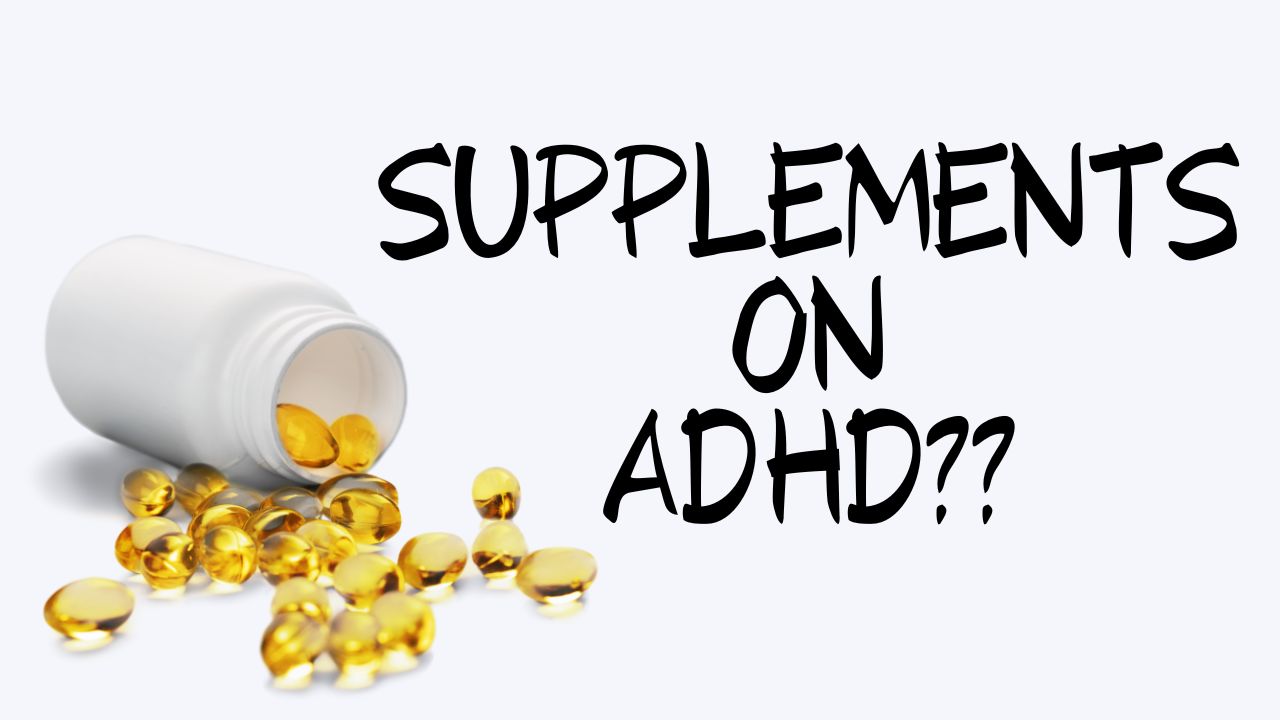
It's crucial to consult with a healthcare professional before incorporating any new supplements into your or your child's routine. A healthcare professional can provide personalized advice based on individual needs and potential interactions with other medications.
While more research is needed to fully understand the impact of supplements on ADHD, some studies have investigated specific supplements for their potential benefits. In the next section, we will discuss some of the best supplements that have been studied for their potential role in managing ADHD symptoms.
Best Supplements for ADHA
When it comes to ADHD management, there are several supplements that have shown potential benefits. However, it's important to note that the effectiveness of these supplements can vary for each individual, and more research is needed to fully understand their impact.
SNAP Supplement
SNAP brain supplement formula can potentially improve attention, focus, and overall cognitive functioning in individuals with ADHD. By supporting neurotransmitter balance and promoting optimal brain function, the nutrients in SNAP target key neurotransmitters like dopamine, serotonin, and norepinephrine. This formulation includes Vitamin B6 for neurotransmitter synthesis, DMAE, Phosphatidylserine, Rhodiola, L-Tyrosine, NAC, and L-Taurine to enhance focus, regulate mood, and improve cognitive function.
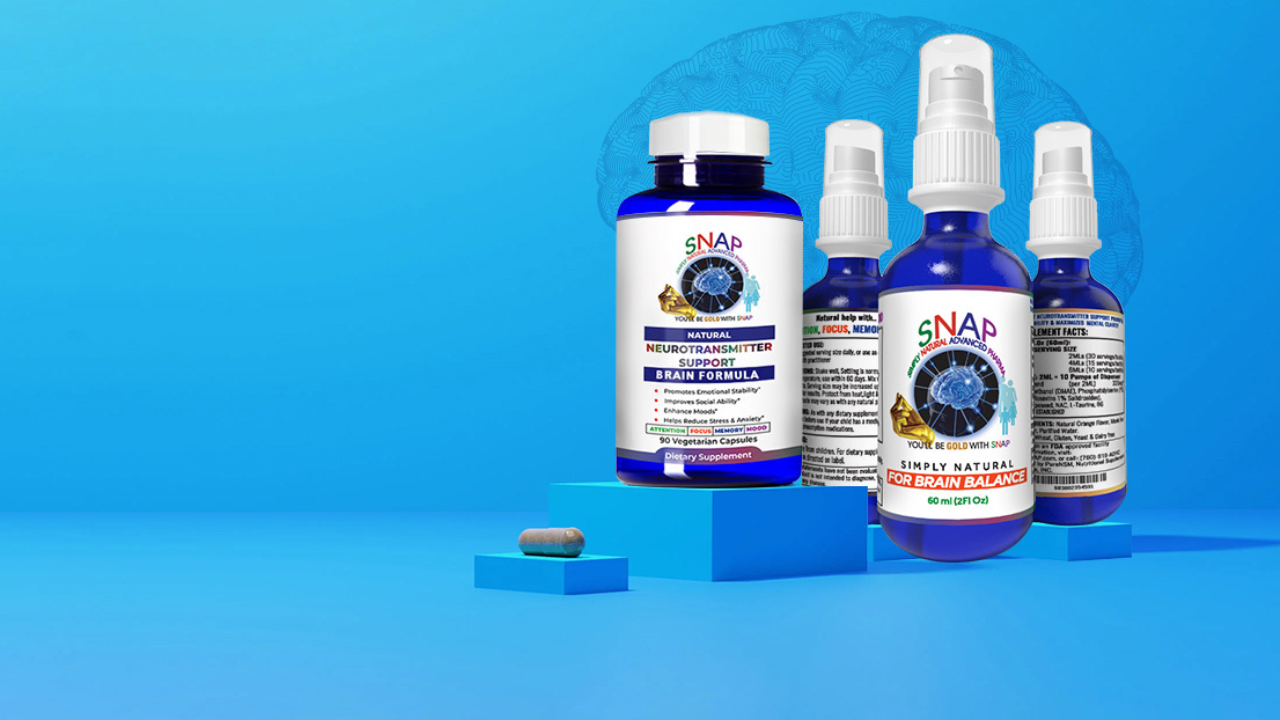
The benefits of using SNAP brain supplements extend beyond ADHD management. SNAP can also address comorbid disorders such as anxiety, behavior problems, emotional dysregulation, mood swings, anger, and sensory issues. With its natural approach, SNAP offers a healthier alternative to long-term dependency on prescription medications.
It's important to note that individual results may vary, and consulting with a healthcare professional is advised before starting any new supplement regimen. Combining SNAP with therapeutic interventions and medication, if prescribed, can provide comprehensive support for individuals with ADHD.
Omega-3 Fatty Acids
Omega-3 fatty acids are essential fats that play a crucial role in brain health and function. These fats are not naturally produced by the body, so they must be obtained through diet or supplements. Research has shown that omega-3 fatty acids, specifically EPA and DHA, can help improve symptoms of ADHD.
EPA and DHA have been found to support neurotransmitter function, reduce inflammation in the brain, and improve cognitive function. Studies have shown that children and adults with ADHD often have lower levels of omega-3 fatty acids in their blood compared to those without ADHD.
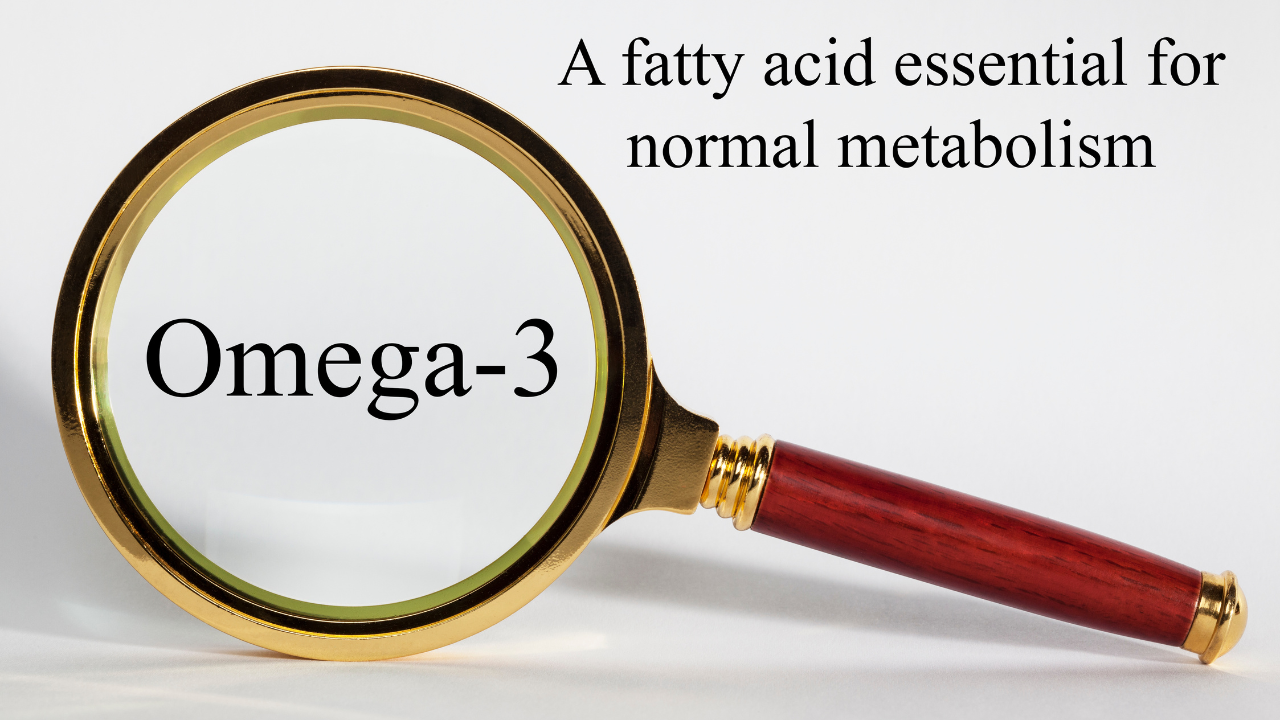
Supplementing with omega-3 fatty acids, either through fish oil capsules or other sources like flaxseed oil or algae-based supplements, may help improve attention, focus, and overall brain function in individuals with ADHD. It is important to note that omega-3 fatty acids may take a few months to show noticeable effects, so consistency is key.
It is recommended to consult with a healthcare professional to determine the appropriate dosage of omega-3 fatty acids based on individual needs. Additionally, it is important to choose high-quality supplements from reputable brands to ensure purity and potency.
In conclusion, omega-3 fatty acids are a promising supplement for individuals with ADHD, as they can potentially improve cognitive function and reduce symptoms. Incorporating omega-3-rich foods into the diet or using supplements may be beneficial for overall brain health.
Zinc
Zinc is an essential mineral that plays a vital role in brain function and development. It is involved in the production and regulation of neurotransmitters, which are chemicals that transmit signals between brain cells. For individuals with ADHD, maintaining adequate levels of zinc is crucial for optimal cognitive function. Research has shown that children and adults with ADHD often have lower levels of zinc in their blood compared to those without the condition.
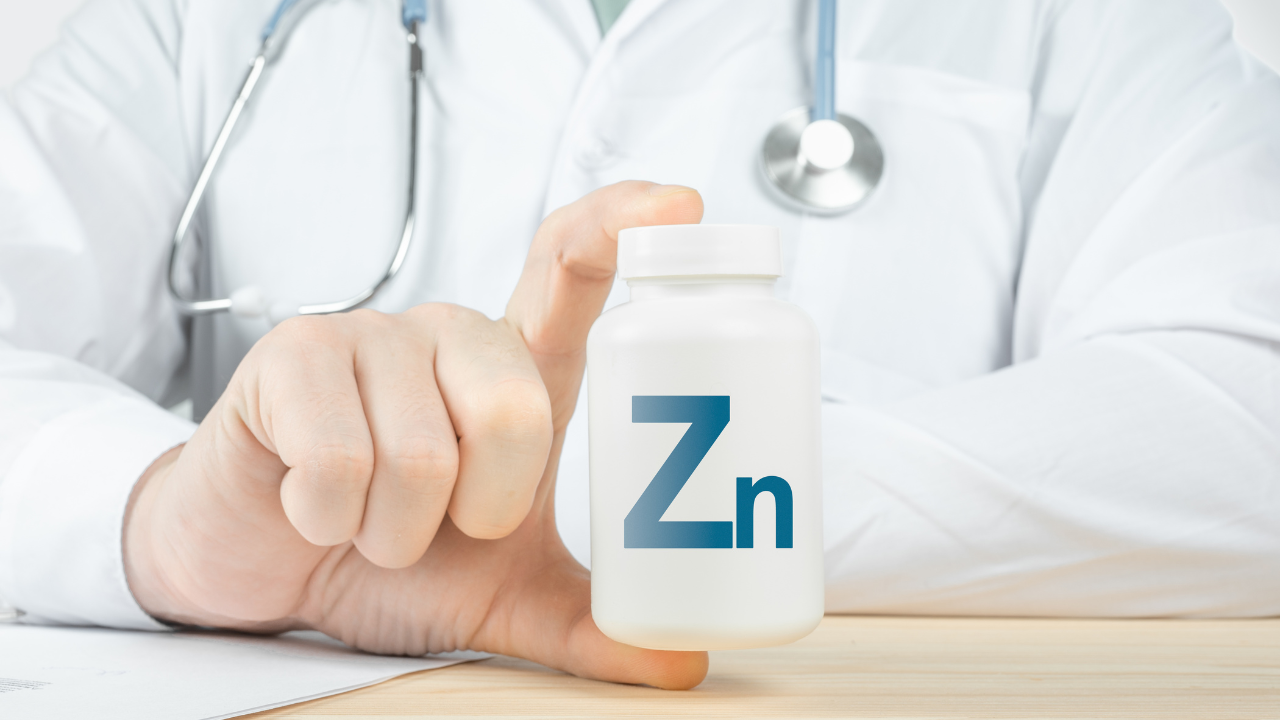
Supplementing with zinc has been found to improve ADHD symptoms, particularly inattention and hyperactivity. Zinc supplementation may also enhance the effectiveness of certain medications commonly used to treat ADHD, such as stimulant medications.
It is important to note that zinc should not be taken in excessive amounts, as high doses can be toxic. The recommended daily intake of zinc for adults is around 11 mg for men and 8 mg for women. Children and adolescents may require slightly lower dosages based on their age and weight.
While zinc can be obtained through dietary sources like oysters, beef, and pumpkin seeds, supplementation may be beneficial for individuals with ADHD who have difficulty meeting their zinc needs through diet alone. Consulting with a healthcare professional to determine the appropriate dosage is essential.
Vitamin D
Vitamin D is another important nutrient that has been linked to ADHD symptoms. Research suggests that individuals with ADHD may have lower levels of vitamin D compared to those without the condition. Vitamin D plays a crucial role in the regulation of brain function and mood, and deficiency in this vitamin has been associated with an increased risk of ADHD.
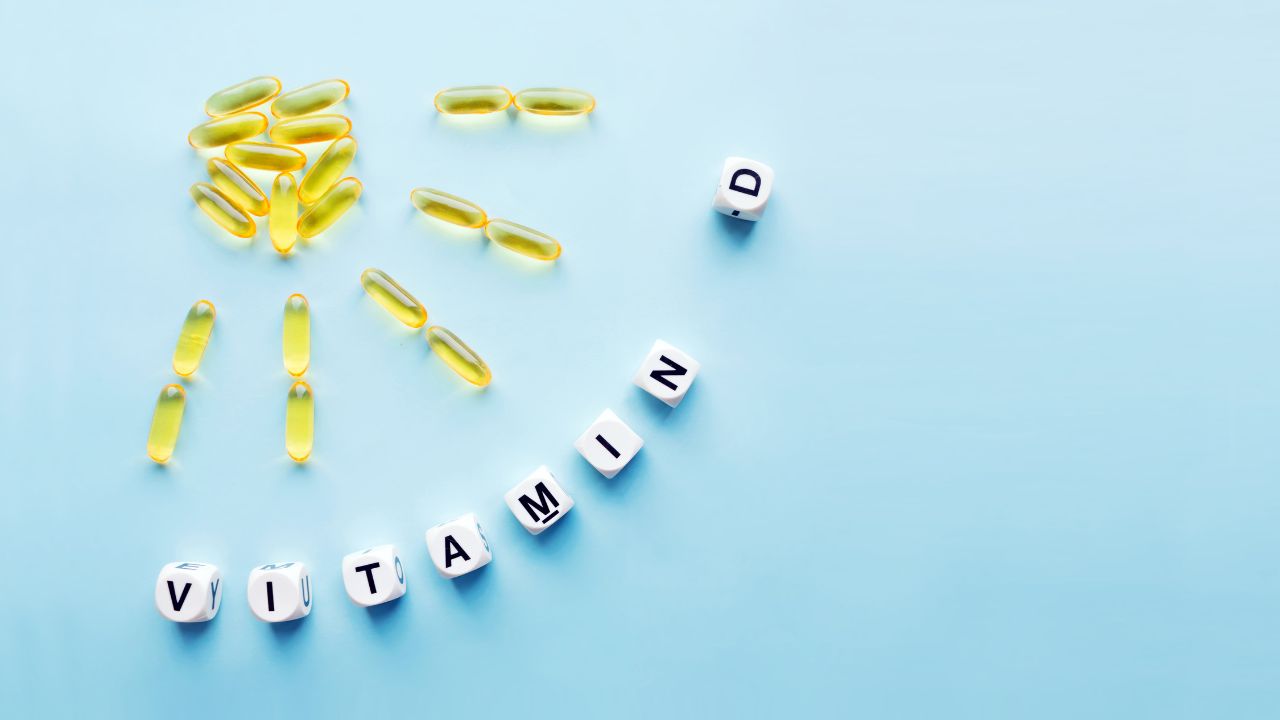
Supplementing with vitamin D has shown promising results in improving ADHD symptoms. A study found that children with ADHD who were given vitamin D supplements experienced significant improvements in their attention and impulsivity compared to those who did not receive supplementation.
It is important to note that while supplementation can be beneficial, it is always best to obtain nutrients from natural food sources whenever possible. Foods that are rich in vitamin D include fatty fish (such as salmon and mackerel), fortified dairy products, and eggs. Spending time outdoors in the sunlight can also help the body produce vitamin D naturally.
When considering vitamin D supplementation for ADHD, it is recommended to consult with a healthcare professional to determine the appropriate dosage. The recommended daily intake of vitamin D varies depending on age and individual needs.
In conclusion, vitamin D supplementation may be beneficial in improving ADHD symptoms, particularly in individuals with a deficiency. However, it is important to maintain a balanced diet and lifestyle for optimal health.
Iron
Iron is an essential mineral that plays a crucial role in brain function and cognitive development. Research suggests that individuals with ADHD may have lower levels of iron compared to those without the condition. Iron deficiency can lead to symptoms such as poor concentration, fatigue, and irritability, all of which are common in ADHD.
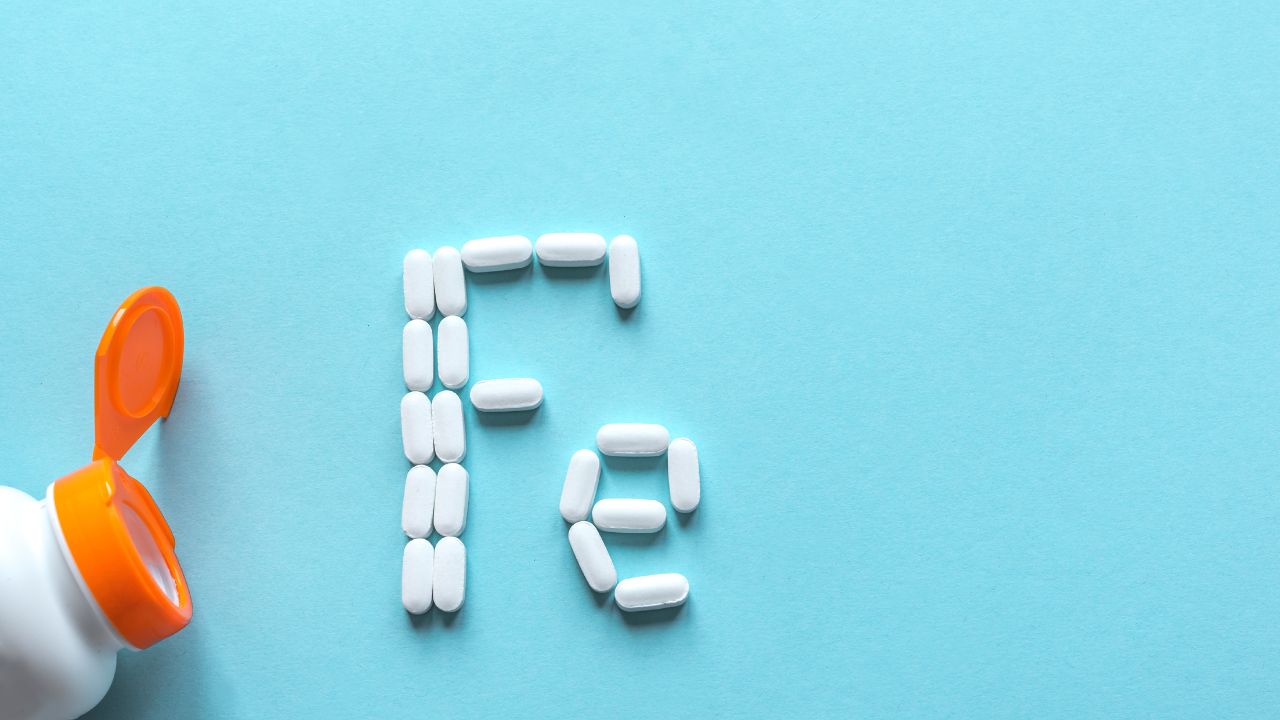
Supplementing with iron has shown promising results in improving ADHD symptoms. A study found that children with ADHD who were given iron supplements experienced significant improvements in their attention and behavior compared to those who did not receive supplementation.
It is important to note that iron supplementation should only be done under the guidance of a healthcare professional, as excessive iron levels can be harmful. The recommended dosage of iron varies depending on age and individual needs.
In addition to supplementation, it is also important to include iron-rich foods in your diet. Good sources of iron include lean meats, seafood, beans, spinach, and fortified cereals. Pairing iron-rich foods with foods high in vitamin C can enhance iron absorption.
In conclusion, iron supplementation may be beneficial in improving ADHD symptoms, especially in individuals with iron deficiency. However, it is important to consult with a healthcare professional and incorporate iron-rich foods into your diet for optimal results.
Magnesium
Magnesium is another essential mineral that has been suggested as a potential supplement for individuals with ADHD. This mineral plays a vital role in regulating neurotransmitters and supporting cognitive function. Research has found that children with ADHD often have lower levels of magnesium compared to those without the condition.
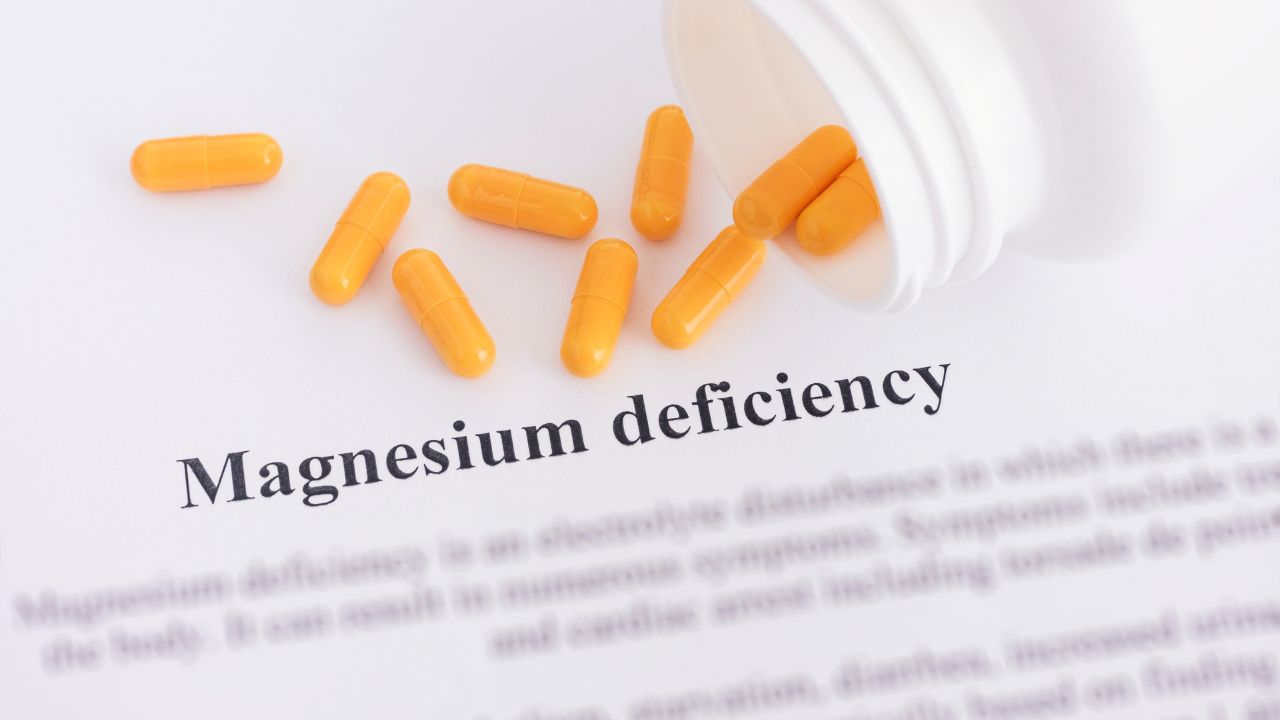
Supplementing with magnesium has shown promising results in improving ADHD symptoms. A study found that children who received magnesium supplementation experienced improvements in hyperactivity, impulsivity, and inattention compared to those who did not receive the supplement.
In addition to benefiting ADHD symptoms, magnesium has also been associated with improved sleep quality, which can be particularly beneficial for individuals with ADHD who often struggle with sleep disturbances.
The recommended daily intake of magnesium varies based on age and gender. It is important to consult with a healthcare professional to determine the appropriate dosage for you or your child.
In terms of food sources, magnesium can be found in green leafy vegetables, nuts, seeds, whole grains, and legumes. Including these foods in your diet can help ensure you're getting an adequate amount of magnesium.
While magnesium supplements may be beneficial for some individuals with ADHD, it's important to note that they should always be used under the guidance of a healthcare professional. Monitoring of magnesium levels is also necessary to prevent excessive intake, as this can lead to unwanted side effects.
Inositol
Inositol is a naturally occurring compound that can be beneficial for individuals with ADHD. It is a type of sugar alcohol that is involved in various cellular processes in the brain. Inositol has been found to play a role in neurotransmitter signaling, which is important for attention and focus.
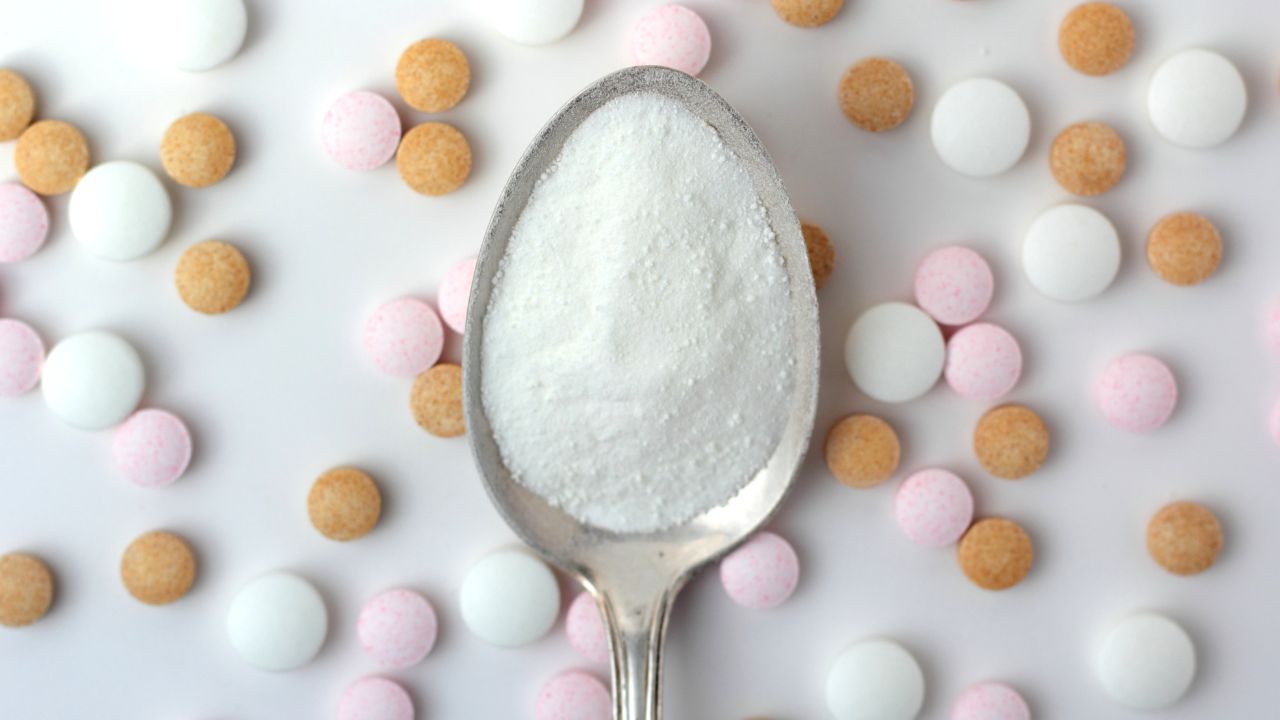
Research suggests that inositol supplementation may improve ADHD symptoms, particularly impulsivity and inattentiveness. A study found that children with ADHD who received inositol supplements showed significant improvements in their behavior and cognitive performance.
Inositol can be found in certain foods, such as fruits, vegetables, and grains. However, it can also be taken as a supplement, which allows for a higher concentration and more targeted dosage.
When considering inositol supplementation, it is essential to consult with a healthcare professional to determine the appropriate dosage for you or your child. They can also monitor for any potential side effects or interactions with other medications.
Overall, inositol holds promise as a supplement for individuals with ADHD. It may help improve attention, reduce impulsivity, and enhance overall cognitive function. However, further research is needed to fully understand its effectiveness and optimal dosage.
Ginkgo Biloba
Ginkgo Biloba is another supplement that has been explored for its potential benefits in managing ADHD symptoms. Ginkgo Biloba is derived from the leaves of the ginkgo tree, which is one of the oldest tree species on Earth.

Some studies have suggested that Ginkgo Biloba may help improve cognitive function, including attention and memory. It is believed to work by increasing blood flow to the brain and promoting better neurotransmitter function.
Research specifically focused on Ginkgo Biloba and ADHD is limited, and results have been mixed. Some studies have shown improvements in attention and hyperactivity, while others have found no significant effects.
While Ginkgo Biloba may not be a cure-all for ADHD, it could have potential benefits for certain individuals. As with any supplement, it is important to consult with a healthcare professional before adding Ginkgo Biloba to your ADHD management plan. They can help determine the appropriate dosage and monitor for any potential side effects or interactions with medications.
Ginkgo Biloba shows promise as a supplement for ADHD, but more research is needed to fully understand its effectiveness. It may be worth considering for individuals looking to enhance cognitive function, but it should be used in conjunction with other evidence-based treatments for ADHD.
Multivitamin/Multimineral for ADHD
Many children and adults with ADHD have difficulty meeting their nutritional needs due to poor appetite, picky eating habits, or a diet lacking in essential nutrients. This is where a multivitamin/multimineral supplement can play a beneficial role in managing ADHD symptoms.
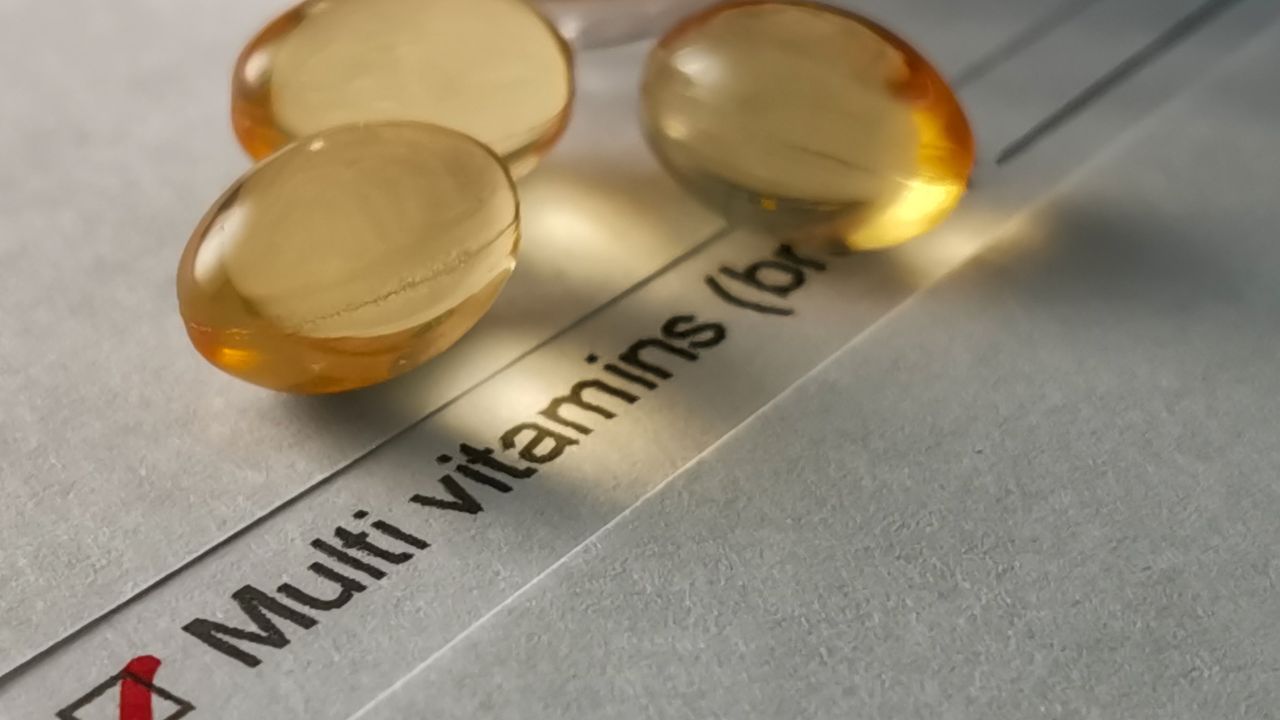
A multivitamin/multimineral can provide the necessary vitamins and minerals that may be lacking in the diet. This can help support overall brain health and function.
When choosing a multivitamin/multimineral supplement for ADHD, it is important to look for one that is specifically formulated for individuals with ADHD or cognitive issues. These supplements often contain higher levels of certain nutrients that have been linked to ADHD, such as zinc, iron, and omega-3 fatty acids.
It is also important to check the dosage recommendations and ensure that the supplement does not contain any artificial colors or additives that may exacerbate ADHD symptoms.
While a multivitamin/multimineral supplement can be a helpful addition to an ADHD management plan, it should not replace a balanced diet rich in fruits, vegetables, whole grains, lean proteins, and healthy fats. A supplement should be used as a complement to a healthy lifestyle, including regular exercise and adequate sleep.
It is always recommended to consult with a healthcare professional before starting any new supplement regimen to ensure safety and individualized recommendations.
Other Herbs for ADHD
In addition to the supplements mentioned earlier, there are other herbs that are believed to have potential benefits for individuals with ADHD. While the research on these herbs is limited, some people have reported positive effects. It is important to note that herbal remedies should always be used under the guidance of a healthcare professional, as they can interact with medications and may have side effects.
- Bacopa monnieri: This herb has been used in Ayurvedic medicine for cognitive enhancement. It may help improve memory and focus.
- Rhodiola rosea: This adaptogenic herb is believed to reduce stress and improve mental performance. It may also enhance attention span and reduce fatigue.
- Ginseng: Ginseng has been used traditionally as a mental stimulant. It may improve focus and cognitive function.
- Green tea extract: Green tea contains a compound called L-theanine, which has calming effects and can improve focus.
It is important to remember that herbal remedies are not a substitute for evidence-based treatments for ADHD, such as medication and behavioral therapy. If you are considering using herbs for ADHD, speak with a healthcare professional to determine the appropriate dosage and ensure safety.
Conclusion
In conclusion, while supplements can be helpful for individuals with ADHD, it is important to approach them with caution. The research on their effectiveness is limited, and individual results may vary. It is crucial to consult with a healthcare professional before starting any supplement regimen, as they can provide guidance on the appropriate dosage and potential interactions with medications.
Among the supplements that have shown promise for ADHD symptoms are SNAP Supplement, omega-3 fatty acids, zinc, vitamin D, iron, magnesium, inositol, and ginkgo biloba. These supplements may help improve focus, attention, and overall cognitive function.
It is also worth considering a multivitamin or multimineral supplement specifically designed for individuals with ADHD. These supplements can help address any nutrient deficiencies that may contribute to ADHD symptoms.
Additionally, there are other herbs that have been reported to have potential benefits for ADHD, such as Bacopa monnieri, Rhodiola rosea, ginseng, and green tea extract. However, further research is needed to fully understand their effectiveness and safety.
Remember, supplements should never replace evidence-based treatments for ADHD, such as medication and behavioral therapy. They should always be used as part of a comprehensive treatment plan, under the guidance of a healthcare professional.
Take Charge of
Your Brain Health Today!
Shop Now!
Similar Articles:
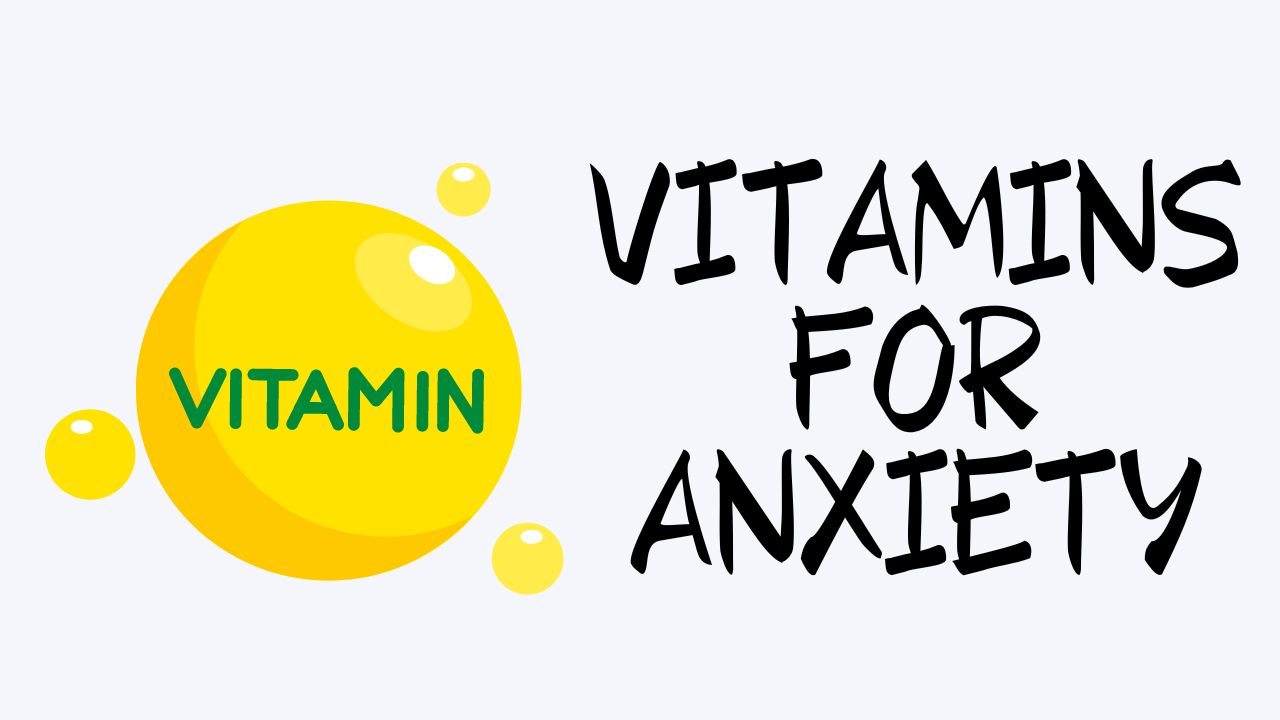
Vitamins for Anxiety
If you're experiencing anxiety, it's crucial to understand that you are not alone. Amidst life's...
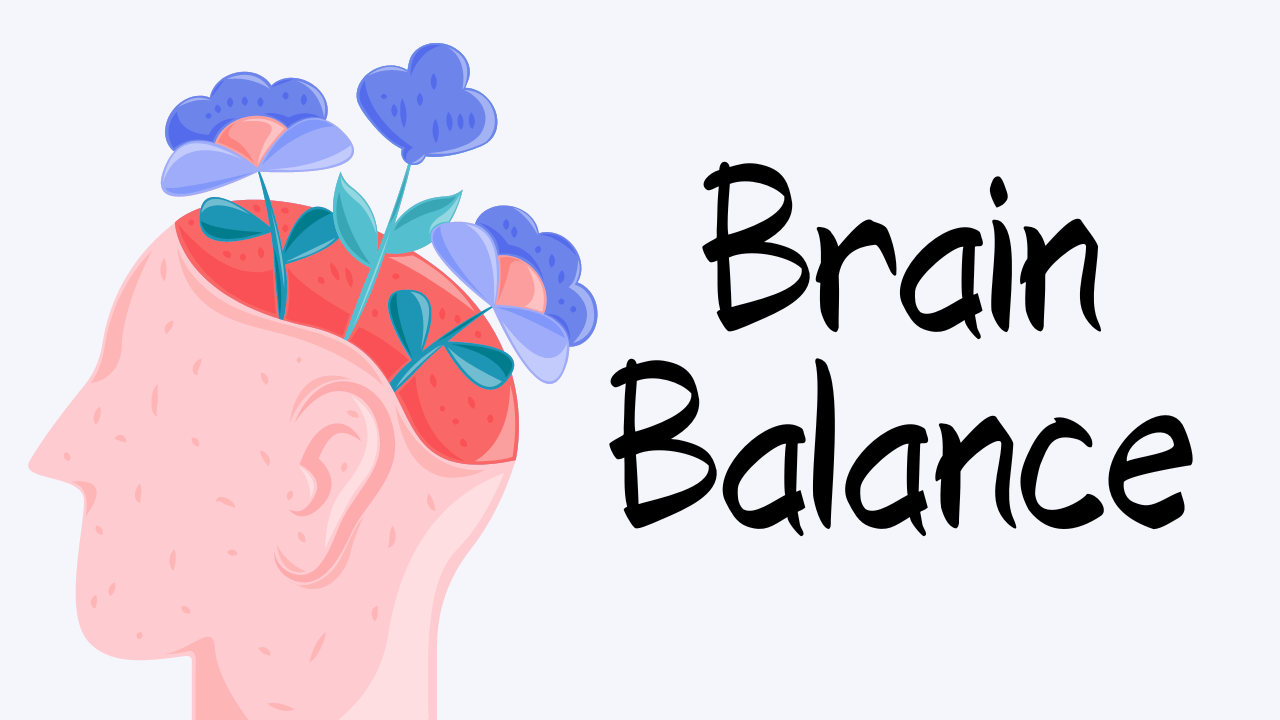
Is It Possible To Improve Brain Balance?
Living in the modern world, it’s normal to frequently feel stressed, distracted, forgetful or emotionally unbalanced...
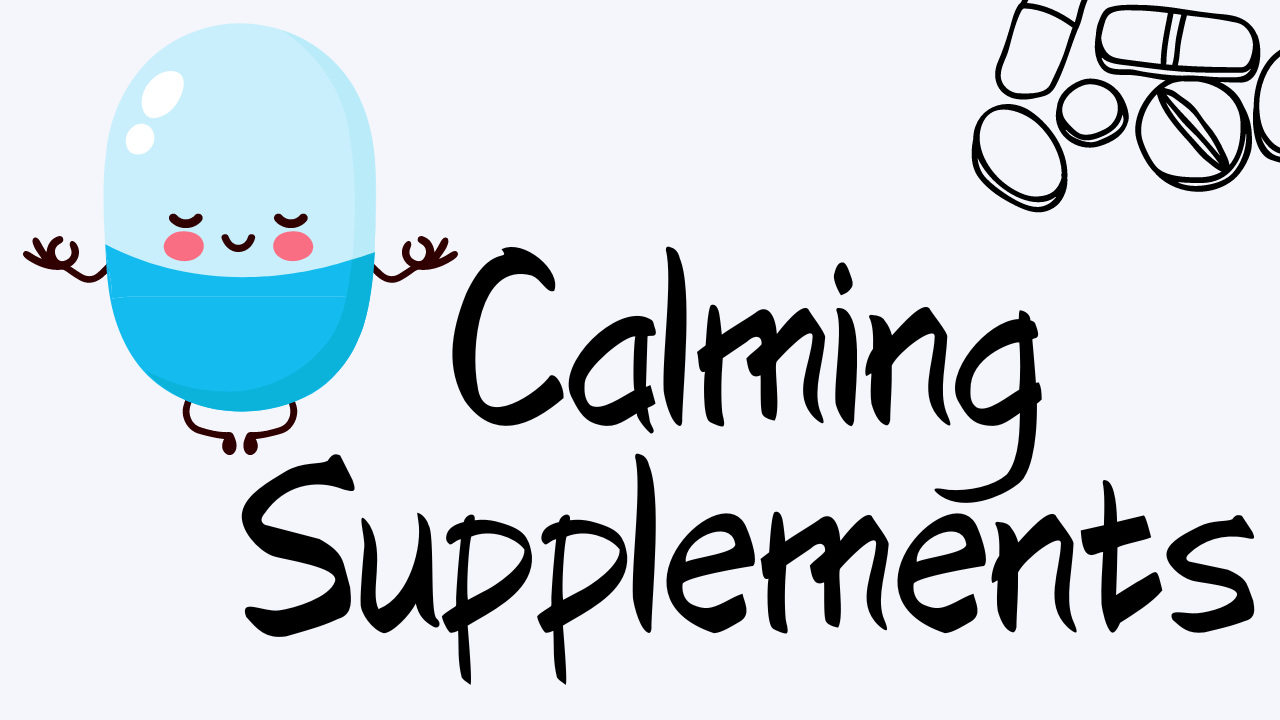
Calming Supplements
Feeling overwhelmed by constant worry, stress, or racing thoughts? You're not alone...